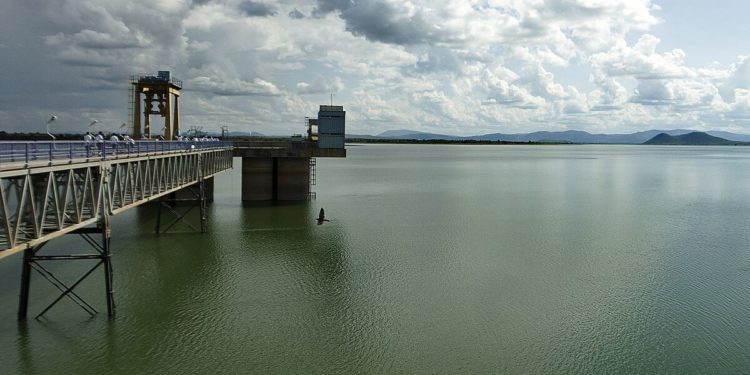Kenya has unveiled an ambitious plan to offer 100 dams to private investors as part of a Sh1.7 trillion initiative to bolster water infrastructure and promote economic growth. This move signifies the government’s commitment to leveraging private sector participation to address the country’s water challenges and accelerate development in various sectors. The initiative is expected to attract domestic and international investors while significantly improving water access and irrigation capabilities.
It is no secret that private sector projects tend to be more efficiently run with minimal wastages compared to many state-run projects, so inviting the private sector might just see the initiative succeed. Under the plan, the Kenyan government will invite private investors to finance, construct, and operate 100 dams nationwide. This approach aims to leverage the expertise and financial resources of the private sector to expedite dam construction and ensure efficient management. By involving private investors, the government intends to streamline the project implementation process and alleviate the financial burden on the public sector.
The availability of reliable water infrastructure is crucial for Kenya’s agricultural and industrial sectors, which form a significant part of the country’s economy. The construction of dams will enhance water storage capacity, irrigation systems, and overall water security, enabling farmers to engage in more productive and sustainable agricultural practices. This, in turn, is expected to boost food production, reduce import dependency, and stimulate economic growth in rural areas while lowering manufacturing and production costs.
The initiative presents a unique opportunity for domestic and international investors to participate in Kenya’s water infrastructure development. The government has emphasized its commitment to creating an enabling environment for private sector involvement, including incentives such as tax breaks, streamlined regulatory processes, and long-term lease agreements. By attracting private investment, Kenya aims to mobilize the necessary capital and expertise to accelerate the construction and maintenance of the dams.
Addressing Water Challenges and Increasing Access:
Kenya faces numerous water challenges, including scarcity, inadequate storage capacity, and inefficient distribution networks. The construction of these 100 dams is expected to significantly improve water access for domestic, industrial, and agricultural purposes. Additionally, the initiative will contribute to the government’s goal of achieving universal water access, ensuring that all Kenyan citizens have reliable access to clean water, essential for health, sanitation, and overall well-being.
As Kenya moves forward with this large-scale dam construction initiative, we must consider environmental sustainability considerations. The government must ensure that environmental impact assessments are conducted thoroughly and implement mitigation measures to minimize adverse effects on ecosystems, wildlife, and local communities. Incorporating sustainable practices and technologies into dam construction and operation will be vital to safeguarding the environment for future generations.
Kenya’s offer of 100 dams to private investors in a Sh1.7 trillion initiative marks a significant step toward addressing water challenges and promoting economic growth. By engaging the private sector, the government aims to expedite dam construction, improve water access, and enhance irrigation capabilities. However, environmental considerations, sustainability, and equitable distribution of benefits must remain at the forefront of the project’s implementation. Through effective public-private partnerships, Kenya can unlock the potential of its water resources and pave the way for a more prosperous and water-secure future.












